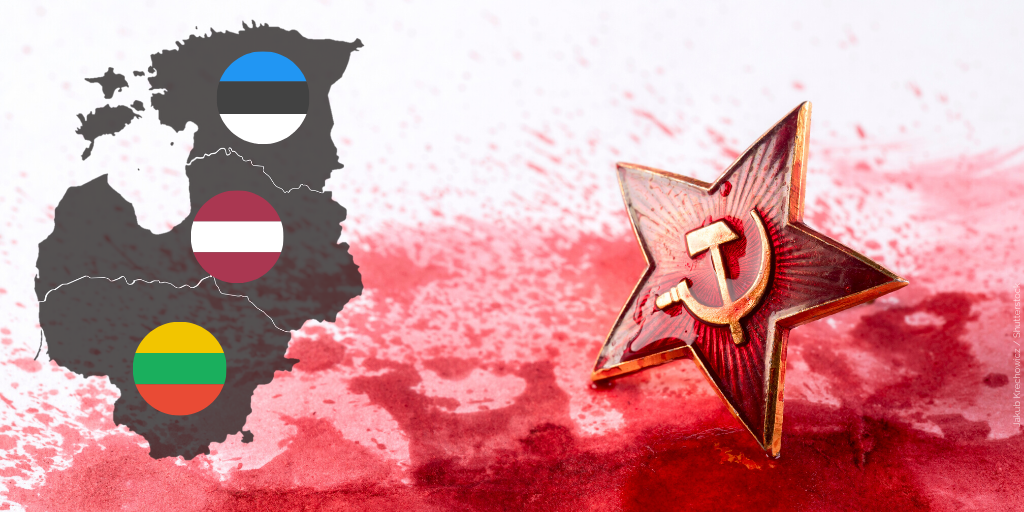The North Atlantic Treaty Organization’s (NATO) new Strategic Concept, approved at the summit just held in Madrid, strongly emphasizes Russia’s multidimensional threats to the Alliance. By way of response, the Concept singles out the task of deterrence and defense from among the Alliance’s core tasks (see EDM, July 6). Yet the Concept barely glances at another core task, that of crisis management, pertinent in this case to NATO’s Eastern neighborhood.
The short shrift to the Eastern neighborhood comes as a surprise in view of Russia’s ongoing war in Ukraine. The war commanded due attention at NATO‘s summit (a one-off event) but forms a peripheral item in the new Strategic Concept, which is designed for several years ahead (Nato.int, June 29).
This document contains only two sentences about Ukraine per se, both of them in the preface (as distinct from the body or executive part of the document):
[Russia’s] brutal and unlawful invasion, repeated violations of international humanitarian law and heinous attacks and atrocities have caused unspeakable suffering and destruction. A strong, independent Ukraine is vital for the stability of the Euro-Atlantic area.
These considerations, however, are for the most part humanitarian, legal and moral; they are not strategic. The barest nod to strategy comes last, and security is conspicuously missing from it, the matter being reduced to stability.
The other parts of the Eastern neighborhood receive even less attention than Ukraine does in this fundamental document. This deficit is particularly surprising since Russia is turning parts of NATO’s and the European Union’s Eastern neighborhood into staging areas for mounting threats to Europe writ large. Russia has jumpstarted this process as an accompaniment to its war in Ukraine, but the ramifications and the impact go beyond and in some cases far beyond Ukraine.
Thus, Russia is using the territory of Belarus and its infrastructure for ground, air and missile attacks on Ukraine. Should it establish a continuous military presence in Belarus as a consequence of the present war, Russia could then directly threaten NATO members Poland, Lithuania and Latvia from Belarus. The Kremlin has compelled Belarus to reluctantly forfeit its role as peaceful buffer between Russia and Europe. It has, instead, turned an unwilling Belarus into a Russian military outpost, potential staging ground for offensive operati ons in several directions.
Related: Ukraine warns Lukashenka may join war as Belarus partisans sabotage rail connections
NATO’s looming loss of the Belarusian buffer, after decades of sheltering behind it, would become a momentous strategic reverse for the Alliance. The Strategic Concept mentions this problem in passing, on a list of “challenges”:
Moscow’s military buildup, including in the Baltic, Black, and Mediterranean sea regions, along with its military integration with Belarus, challenge our security and interests.
Placing Belarus alongside other key theaters on this list amounts to acknowledging the magnitude of this particular challenge. NATO has, at this summit, approved a significant increase to its forces deployed in, or pre-assigned to, the Baltic States and Poland (see EDM, July 6).
Russia has unlawfully appropriated the northern Black Sea in NATO/EU’s Eastern neighborhood through the use of force against Ukraine. This process directly touches on NATO’s eastern frontline in Romania. That country now faces Russia directly across a maritime contact line, which is ipso facto a NATO-Russia contact line as well, albeit defined and enforced by Russia.
Related: Missiles and escorts: Unblocking Ukraine’s ports on the Black Sea
Farther afield, Russia’s naval blockade on Ukrainian grain exports via the Black Sea is causing serious shortages on international markets and rising food prices in Europe. NATO countries’ naval and air power (except for the non-combat air policing mission) currently keep out of the Black Sea in general and rule out, in particular, an operation to lift Russia’s naval blockade (see EDM, May 26).
Neither these novel threats nor the pre-existing ones find reflection in NATO’s new Strategic Concept. On the Black Sea it checks one half of a lump-in box:
The Western Balkans and the Black Sea region are of strategic importance for the Alliance. We will continue to support the Euro-Atlantic aspirations of interested countries in these regions. We will enhance efforts to bolster their capabilities to address the distinct threats and challenges they face and boost their resilience against malign third-party interference and coercion.
This is strategy in the utter abstract: alluding to unnamed threats and challenges, designed for anonymous actors, and offering imponderable remedies to threats and challenges. Russia’s capture of a larger share of Ukraine’s coast and the naval blockade go unmentioned. The pre-existing threats and protracted conflicts around the Black Sea region are also omitted.
This summit packaged the Black Sea region together with the Western Balkans. The packaging may have intended to increase Allied political support for a Black Sea strategy by combining this region with the Western Balkans. This attempt may also have taken account of Türkiye’s interests in both regions: obstructive but inescapable in the Black Sea, proactive but secondary in the Western Balkans, and potentially subject to win-win tradeoffs in either or both regions.
Related: Ukraine urgently needs Marshall plan and NATO presence on the Black Sea
Russia is a spoiler in the Western Balkans but is a brutal hegemon and recidivist invader in the Black Sea region. The two regions differ profoundly from one another; nor are the ambitions of Russia and Türkiye common denominators between the Black Sea region and the Western Balkans.
Read More:
- Germany tries to wrench a turbine out of Canada’s sanctions. It should press on Russia instead
- Challenges to Russian arms resupply: tanks, combat aviation, artillery ammunition
- War in Ukraine is worst we’ve seen, say Iraq and Afghan veterans – Foreign Legion spox
- Ukraine needs the capability to attack Russian airfields – former commander US Army Europe
- We should be asking what feature of Russian politics is not fascist – Timothy Snyder
- By invading Ukraine, Putin has hastened the disintegration of Russia, Etkind says
- I am a researcher, not a military man. But there is war in my country: letter from the front








